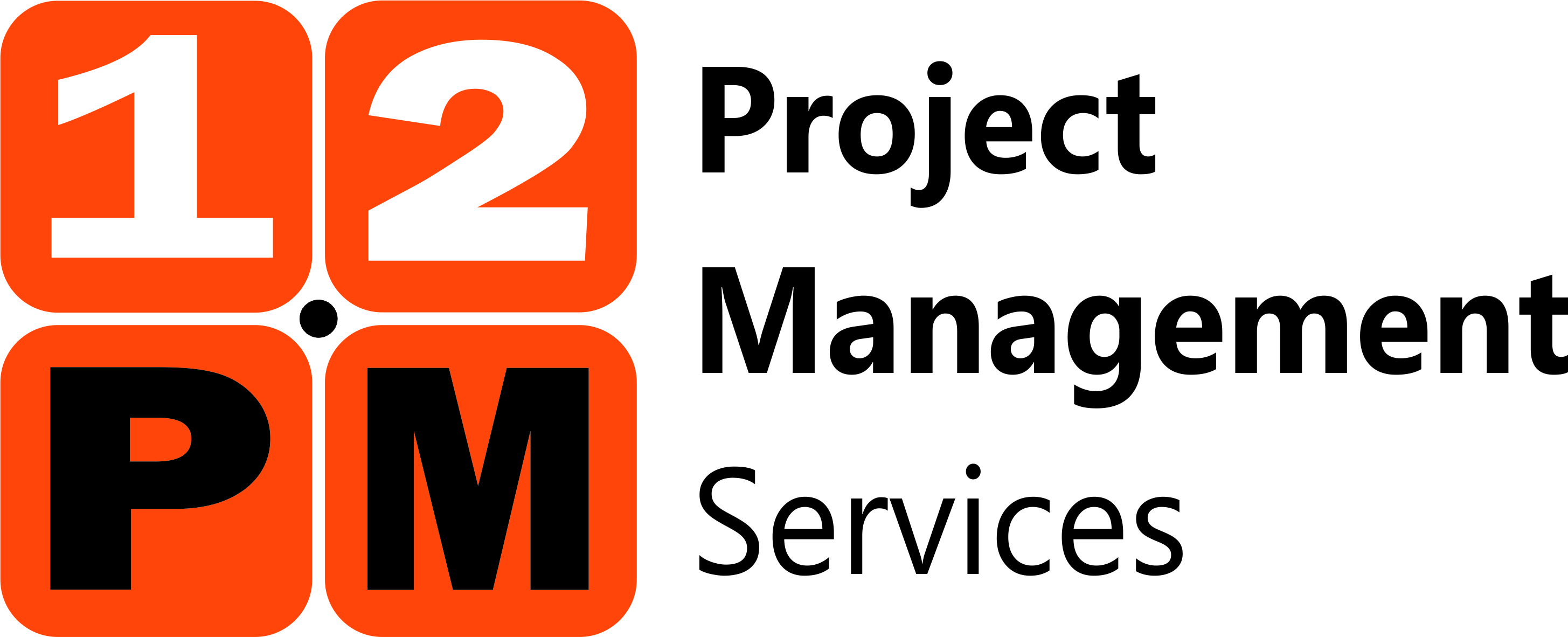Coaching, as a method of improving performance and advancing professional development, is considered valuable not only for all management levels but for project management too. Coaching can be applied to individuals and/or teams (such as project teams) in addition to other management activities and supplement them.
A short definition of coaching is that it is a process of adjusting one’s behavior in order to increase the successful achievement of professional or personal goals such as development of interpersonal skills, strategic thinking, conflict management, management style, leadership, communication, and adaptability. It is generally short termed. A coach does not have to be a knowledge expert in the specific areas targeted for development but to show flexibility, empathy, facilitation skills, encouragement and empowerment to the individual or coached team. Therefore it is different from mentoring and counseling in terms of duration, targets, knowledge, tools and techniques.
Project coaching, when performed effectively by the “coach” and embraced by the “coachee”, improves performance and conflict resolution, increases responsibility, motivation and alignment with the project objectives irrespectively of the starting point (e.g. poor or good).
The process can be formal or informal and utilize a variety of the existing popular models (e.g. GROW, SUCCESS, STEPPPA, WHAT, TGROW, OSKAR, and CLEAR) but the prerequisites are always:
- coach competence,
- trust-based relationship,
- goals orientation and,
- coachee receptivity.
The coach’s job is not to define the expected outcomes or the specific goals but it is his responsibility to establish and maintain the environment during common phases of coaching as shown in the following figure:

More specifically, a successful project coach:
- Provides consistent backup and support.
- Asks (i.e. “how?”) questions more than provides answers.
- Listens more frequently than talks.
- Expresses confidence in output.
- Stimulates creativity and inspiration.
- Encourages responsibility and accountability.
- Is flexible and vision-oriented.
- Displays authentic humility.
- Is process-oriented.
- Is results-driven (SMART goals).
As a conclusion, it seems that effective coaching is an invaluable win-win experience apart from an additional tool for both goals achievement and personal/professional development. Its results are long-lasting and rewarding in more than the initially targeted areas of improvement. These outcomes affect positively the team and the organization in addition to the individuals engaged.
References: Woods, J. & Abdon, P. (2011). The project manager as team coach: a plan for success. Paper presented at PMI® Global Congress 2011—North America, Dallas, TX. Newtown Square, PA: Project Management Institute.
https://www.pmi.org/learning/library/project-manager-team-coach-plan-success-6251




